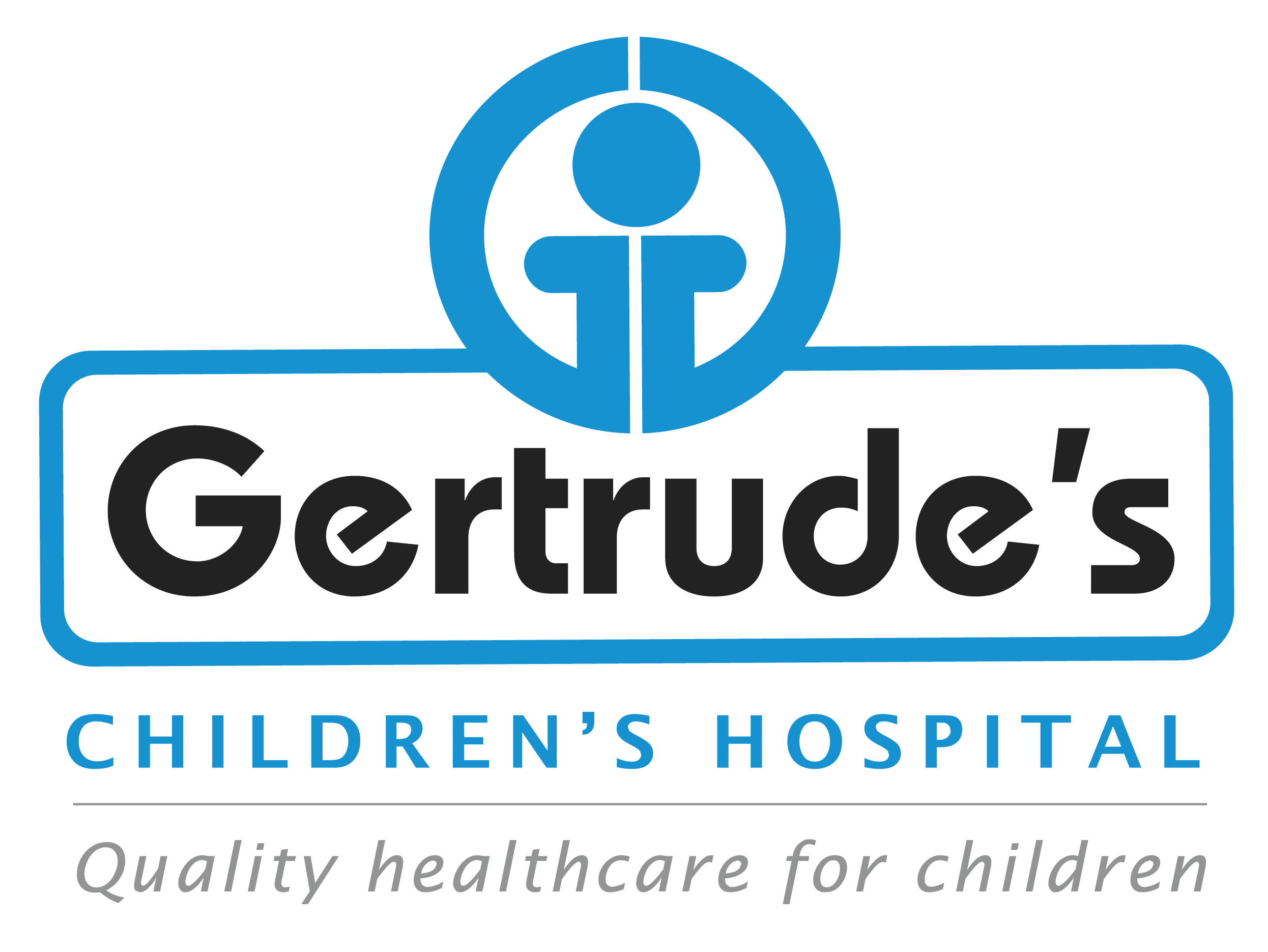Adenoid cystic carcinoma (ACC) is a rare type of cancer that usually starts in the salivary glands, especially in the head and neck area. It can also occur in other places like the breast, lungs, and trachea. ACC is known for being slow-growing but can be persistent, often leading to recurrences even years after treatment.
Symptoms
• A lump or swelling in the jaw or neck
• Pain or discomfort in the affected area
• Difficulty swallowing
• Changes in facial sensation or movement
Causes
• Genetic factors
• Environmental influences, such as exposure to radiation
Diagnosis
• Take a detailed medical history and perform a physical exam.
• Use imaging tests like X-rays or CT scans to locate the tumor.
• Conduct a biopsy to examine tissue samples for cancer cells.
Treatment Options
• Surgery: The primary treatment is to remove the tumor along with some surrounding healthy tissue to ensure all cancer cells are gone.
• Radiation Therapy: Often used after surgery to destroy any remaining cancer cells and reduce the risk of recurrence. This therapy may involve conventional radiation or neutron radiation, which can be more effective for certain tumors.
• Chemotherapy: This is not commonly used for ACC but may be considered for advanced cases or as part of clinical trials.
Why Choose Us
Skilled dermatologists
Experts in treating skin problems in children, with years of experience in managing acne
Personalized care
We create treatment plans that fit each child’s unique needs
Support and education
We teach children and families how to care for their skin and prevent future breakouts
Advanced treatments
Access to the latest acne treatments and skincare products
Frequently Asked Questions
Q: What happens if adenoid cystic carcinoma is not treated?
A: If left untreated, this cancer can grow and spread to other parts of the body
Q: How long does recovery take after surgery?
A: Recovery time varies but usually takes several weeks; follow-up visits are important to monitor healing.
Q: Can this cancer come back after treatment?
A: Yes, there is a chance of recurrence, so regular check-ups are essential.
Contact
Please feel free to contact us with any general or medical enquiry by calling us.





